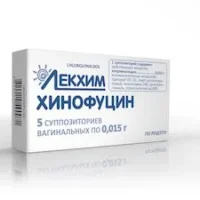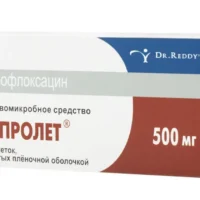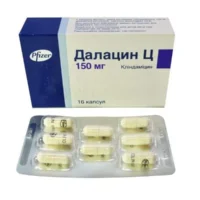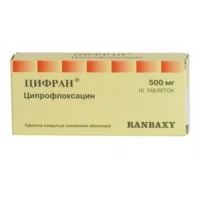Description
Sinerpen (Cilastatin, Imipenem) Powder for Solution for Infusion 30 ml Vial
Ingredients:
- Each vial contains cilastatin and imipenem.
Dosage:
The dosage should be determined by a healthcare professional based on the patient’s condition. It is typically administered intravenously every 6 to 8 hours.
Indications:
Sinerpen is indicated for the treatment of severe infections caused by susceptible strains of bacteria. It is commonly used in hospital settings for conditions such as pneumonia, urinary tract infections, and intra-abdominal infections.
Contraindications:
Do not use Sinerpen if you are allergic to cilastatin, imipenem, or any other ingredients in the product. It is important to discuss any allergies with your healthcare provider before starting treatment.
Directions:
Follow the instructions provided by your healthcare provider for the correct administration of Sinerpen. It is typically given as an intravenous infusion over a specified period of time.
Scientific Evidence:
- Sinerpen, a combination of cilastatin and imipenem, has shown efficacy in treating a wide range of bacterial infections.
- Imipenem inhibits cell wall synthesis in bacteria, while cilastatin helps prolong imipenem’s effectiveness by inhibiting its breakdown in the kidneys.
- Clinical trials have demonstrated the effectiveness of Sinerpen in treating complicated infections, including those caused by multidrug-resistant bacteria.
- Research published in the Journal of Antimicrobial Chemotherapy highlighted the superior outcomes of Sinerpen compared to other antibiotics in critically ill patients with severe infections.





